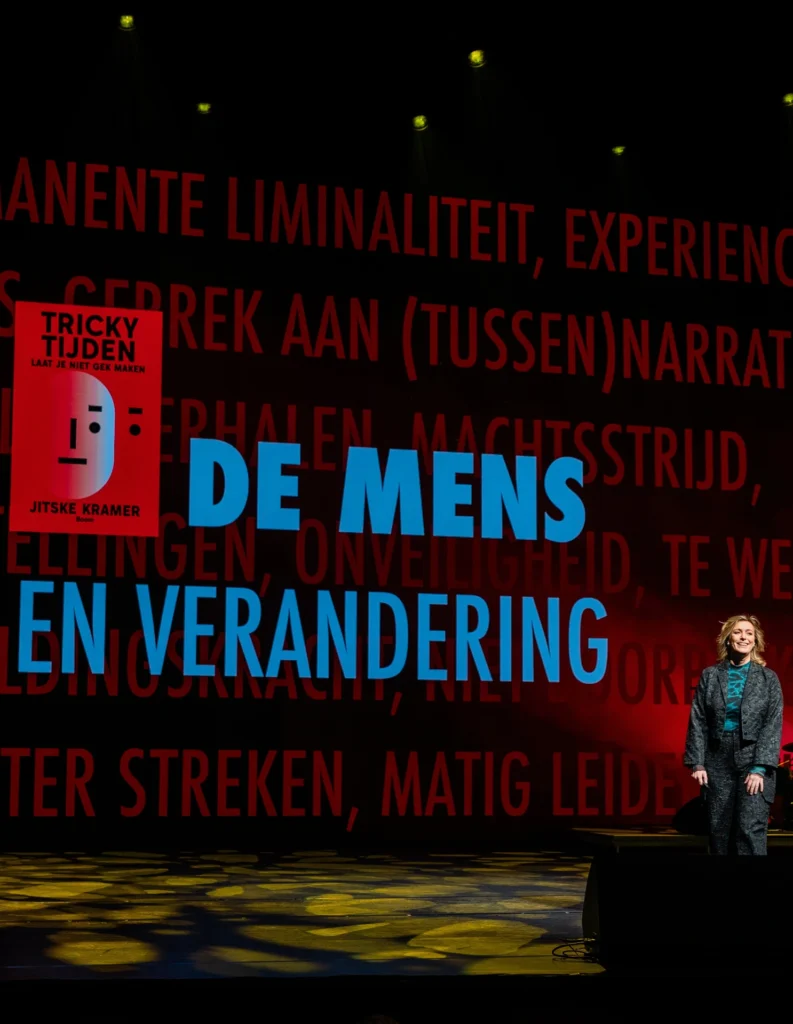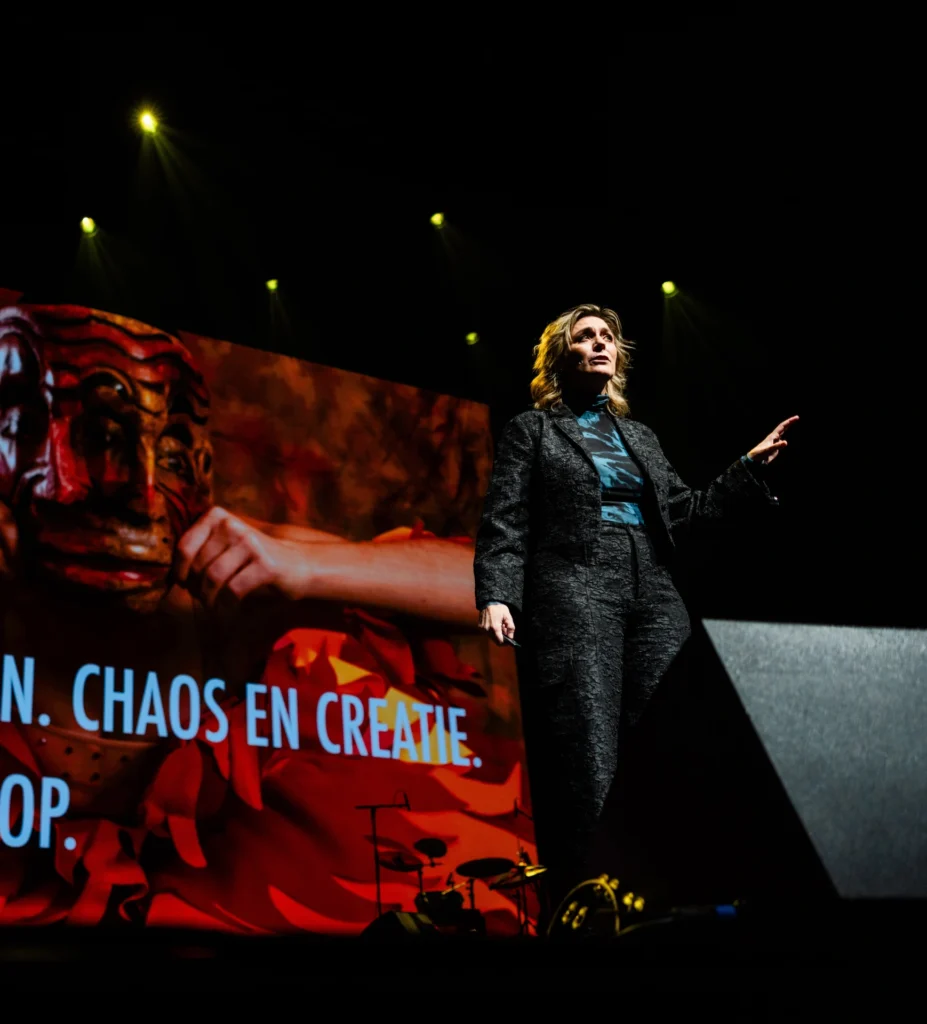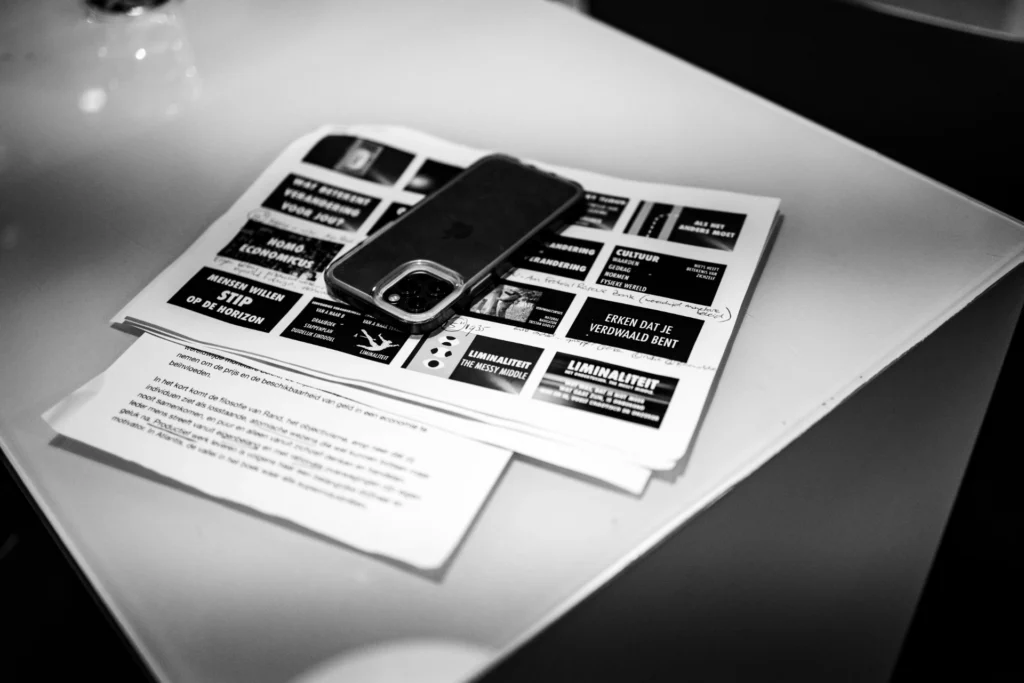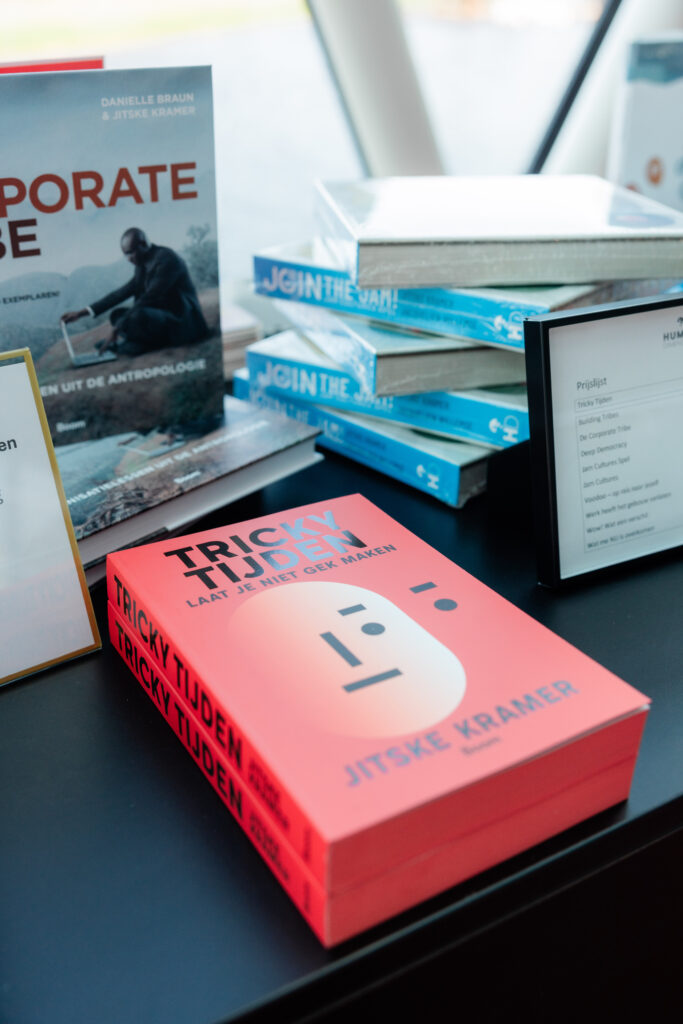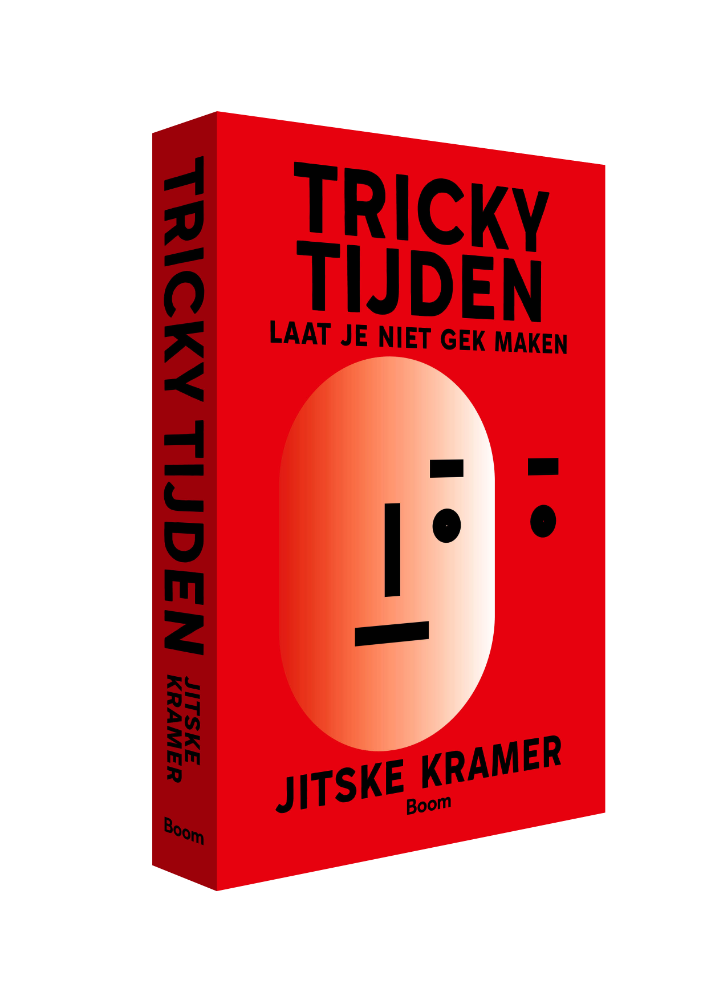In this book, you’ll explore the fascinating dynamics of major change. Jitske Kramer unpacks how people respond to profound transformation, drawing on anthropology and insights from cultures around the world. And she offers hope. We may feel disoriented, but we are not beyond finding our way. We’ve moved through turbulent transitions before. We can do this.
Jitske Kramer is an anthropologist, international speaker, bestselling author, and founder of Human Dimensions. Her books, including The Corporate Tribe, Building Tribes, Deep Democracy, Jam Cultures, and Work Has Left the Building, have sold more than 150,000 copies and have been translated into English, German, and Russian.



